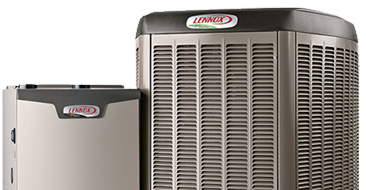Written by Aaron Robarge | February 6, 2014
Information may have changed since this article was written. Check with Aaron Robarge for more information.
The U.S. federal government provides tax credits for renewable-energy systems. The Residential Renewable Energy Tax Credit allows you to claim a tax credit up to 30% of the installed cost, with no cap on the limit credited.
Visit https://www.dsireusa.org to see what other incentives are available.
Solar energy can be used to heat and cool your home, but it has almost no impact on the global climate. By comparison, electricity generated by power plants produces carbon dioxide emissions that scientists say pose serious threats to the environment.
Having a system that creates solar energy means you use less electricity from your utility company, and that can contribute to lower heating and cooling costs.
This is significant, especially when you consider 56% of energy use in a typical U.S. home comes from heating and cooling.*
*U.S. Department of Energy statistics.
Aaron is a master electrician for residential and commercial customers. He’s been performing electrical services at All Comfort Services since 2010. “I like it when everything all comes together when the lights turn on, and I see the satisfaction in the customer’s face,” says Aaron.
